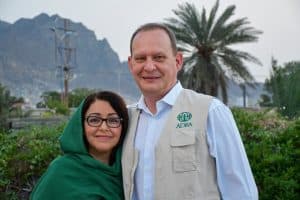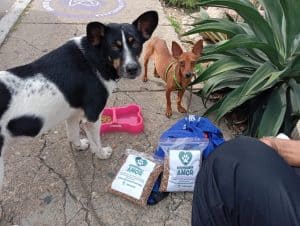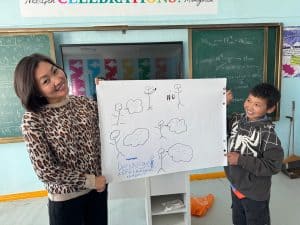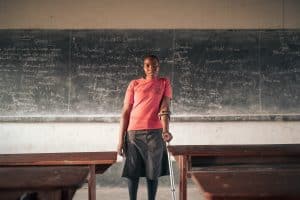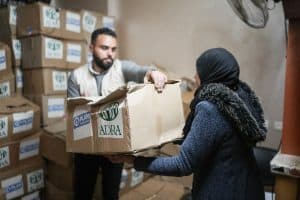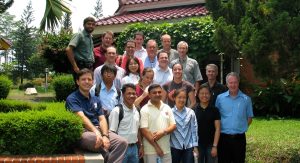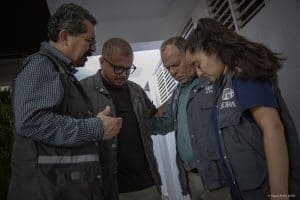SILVER SPRING, MD (April 23, 2023) – The Adventist Development and Relief Agency (ADRA) reaffirms its commitment to environmental stewardship, building resilience, and disaster recovery in recognition of Earth Day (April 22) and Arbor Day (April 25). ADRA recognizes the vital responsibility of preserving God’s creation, especially in the face of increasing natural disasters and ecological deterioration.
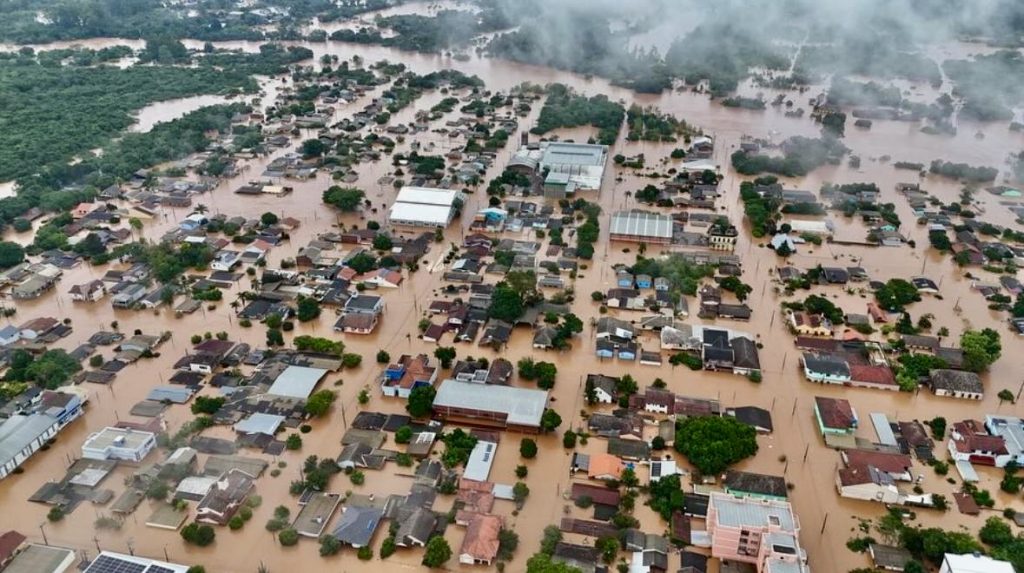
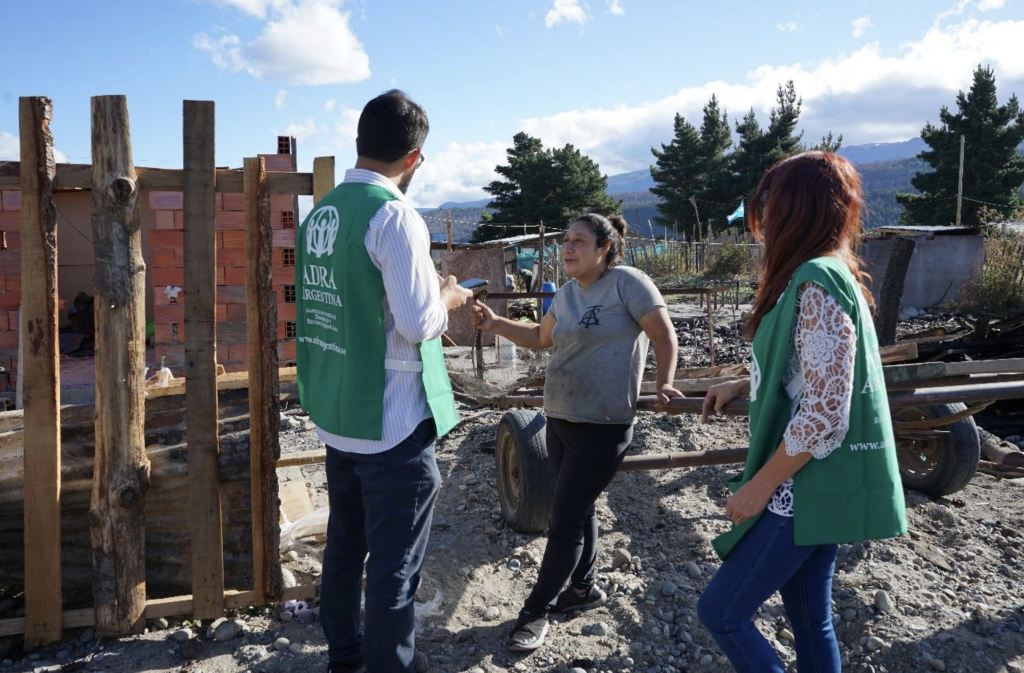
“As stewards of God’s creation, ADRA is committed to nurturing and protecting the Earth so that all may live as He intended,” says ADRA International’s Vice President for Humanitarian Affairs, Imad Madanat. “This month, as we celebrate the crucial responsibility of caring for our planet, ADRA stands in solidarity with communities worldwide, equipping them through sustainable solutions that reflect our shared calling to care for both the environment and one another.”
Sustainable Solutions for a Changing World
As wildfires and weather-related disasters grow in intensity and frequency, leaving behind scorched land, unstable ecosystems, and deepening food insecurity, ADRA responds with compassion and innovation. Through initiatives like Community Garden Kits, reforestation efforts, and weather-smart agriculture, ADRA is restoring damaged land, strengthening local food systems, and helping communities build long-term resilience.
ADRA’s Resilient Cultivation:
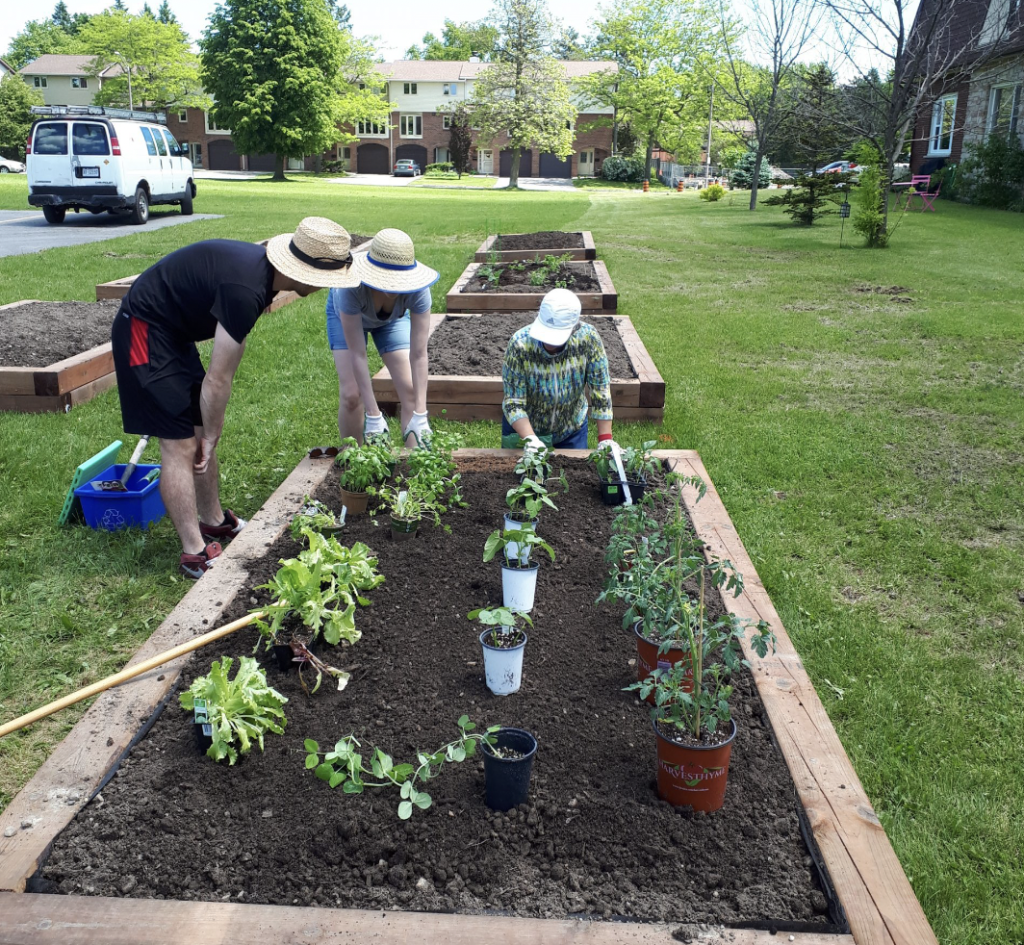
- Canada: In response to devastating wildfires and soil contamination in Yellowknife, ADRA Canada launched the Community Planter Box Project to promote food security through urban gardening. This initiative helped spearhead a national campaign encouraging eco-based gardens that promote health and environmental awareness.
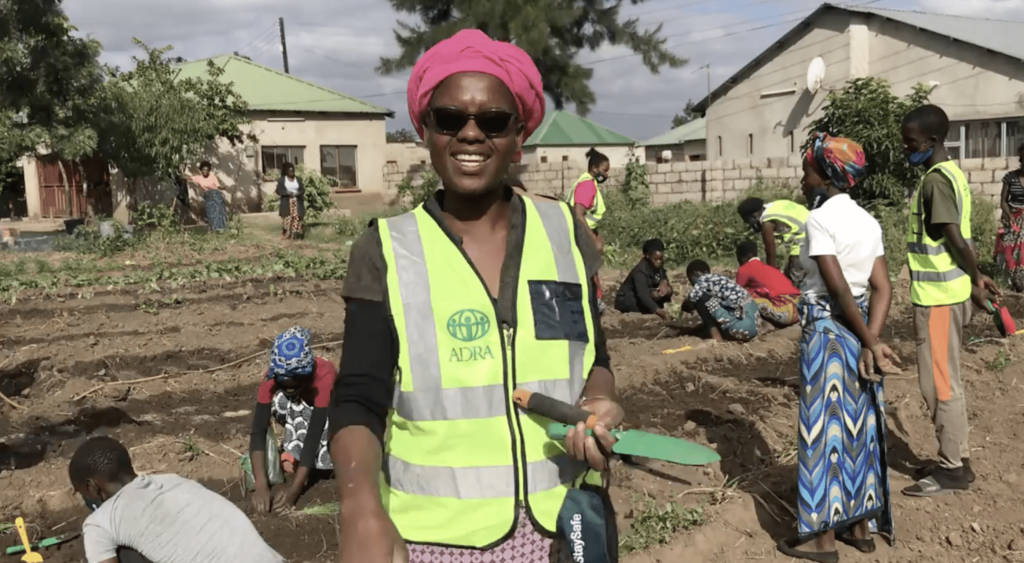
- Zambia: In drought-affected regions, ADRA partners with local churches to provide communities with seeds, tools, and training to create sustainable household and community gardens, preparing families to grow their own food and share sustainable practices.
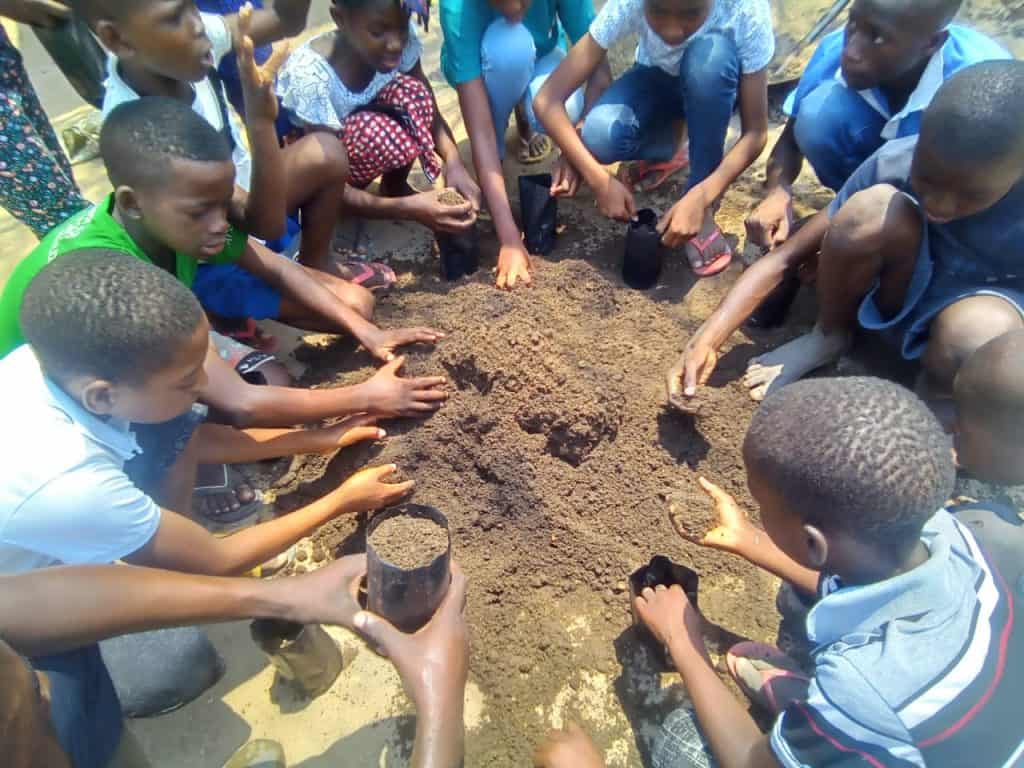
- Mozambique: Children and parents learn how to prepare soil for seedlings through conservation education programs that encourage active participation in reforestation and land stewardship.
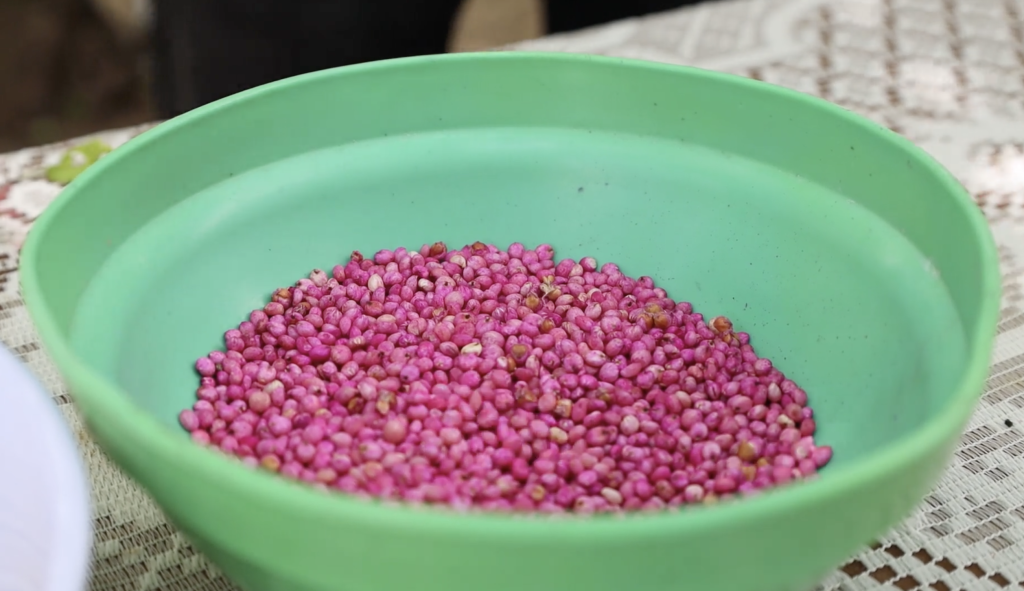
- Honduras: In highland regions, ADRA equips rural communities with drought-resistant sorghum seeds, helping them transition from water-intensive wheat to crops better suited for the weather, supporting both nutrition and sustainability.
ADRA’s Reforesting for Recovery
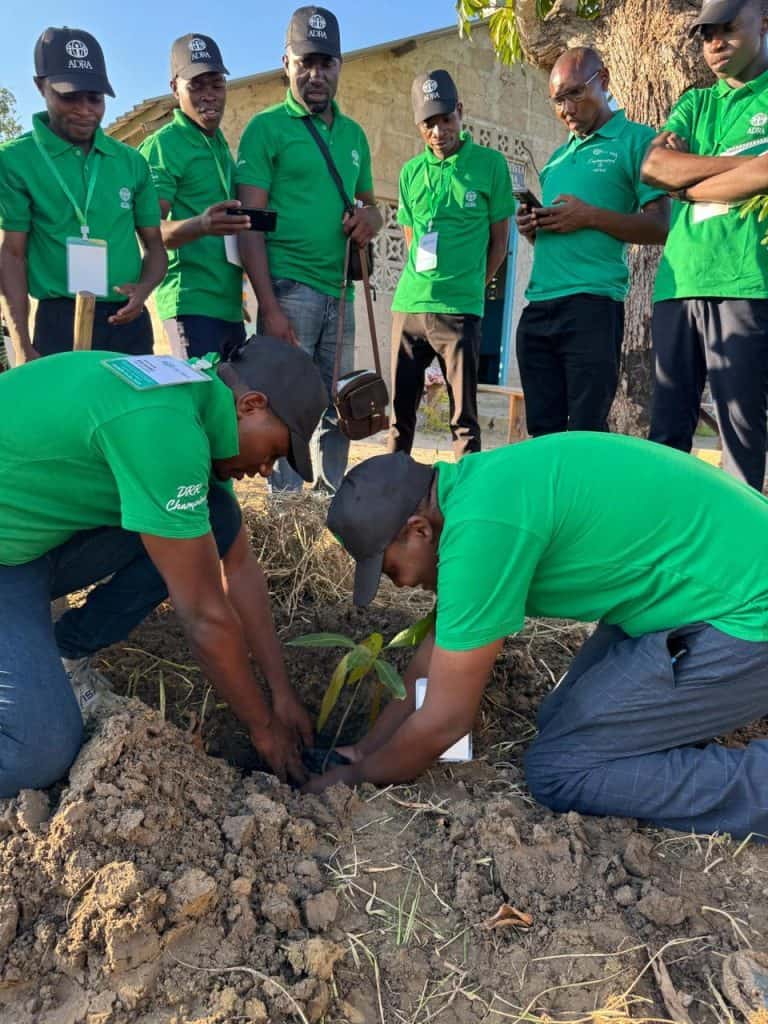
As part of its commitment to disaster response and long-term recovery, ADRA prioritizes reforestation as a powerful tool for environmental healing and resilience. Integrated into its global disaster mitigation training, ADRA’s emergency response teams actively engage in planting native seedlings to help restore natural habitats, stabilize soil, reduce erosion, and improve water quality, making reforestation an essential step in rebuilding ecosystems and strengthening community resilience after disasters strike.
Take Action: #GoGreenWithADRA
This spring, ADRA invites individuals, churches, schools, and communities to #GoGreenWithADRA by promoting environmental stewardship through hands-on initiatives, education, and building resilience.
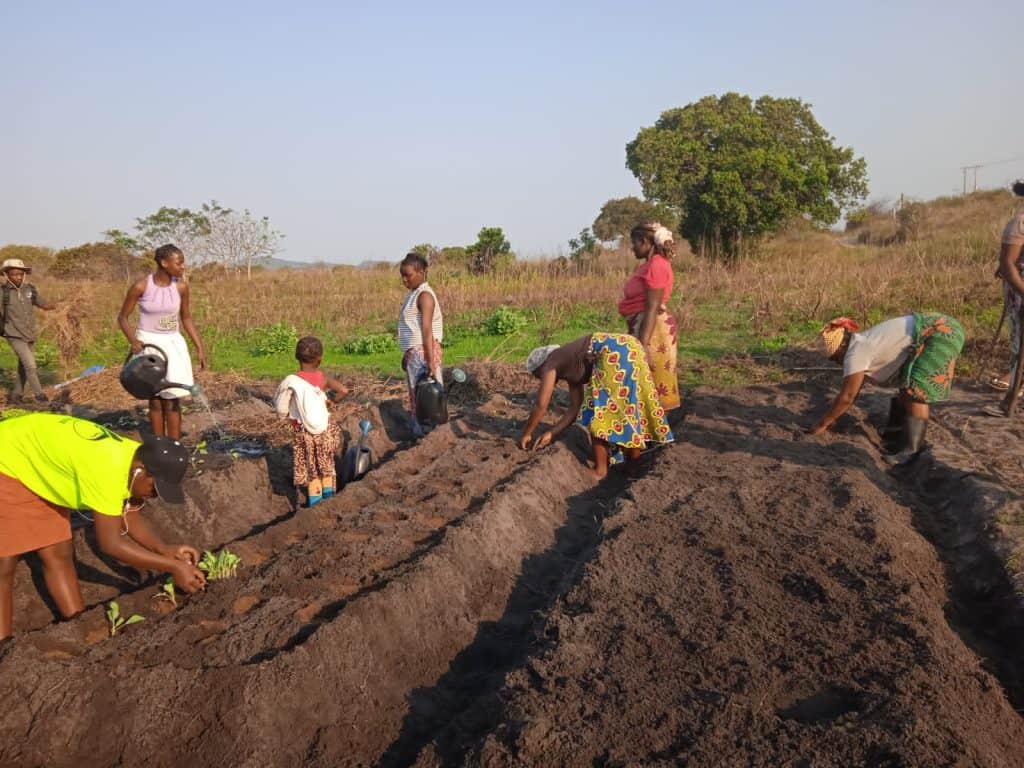
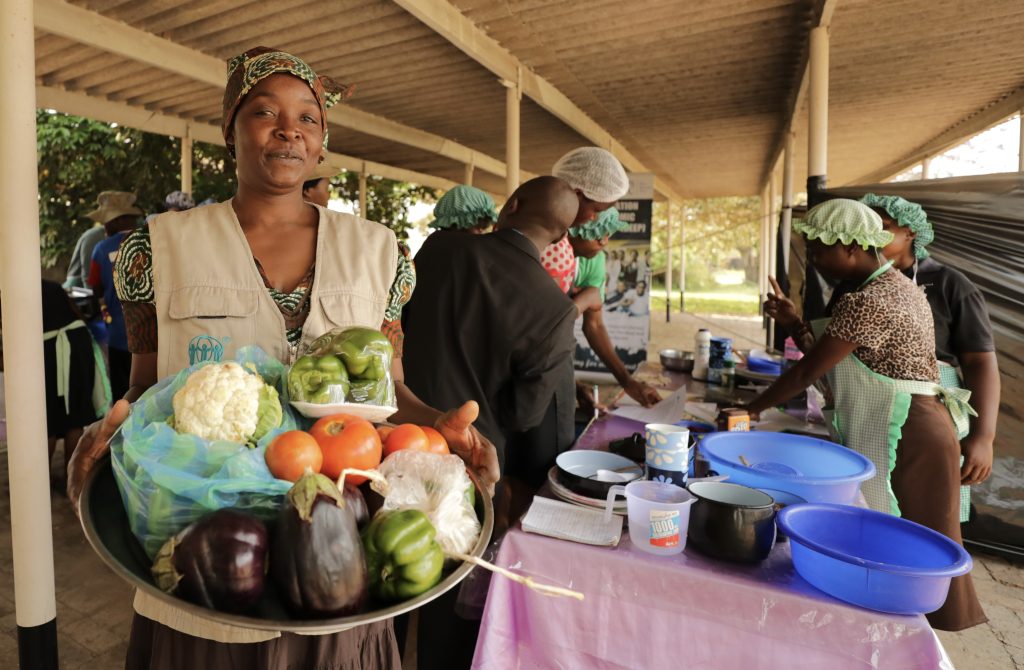
Why green projects matter:
- Land Rehabilitation: Garden and tree-planting projects reduce erosion, enrich soil, and restore damaged ecosystems.
- Sustainable Food Sources: Community gardens empower local food production in areas with access to fresh produce.
- Conservation Education: ADRA partners with local organizations to raise awareness and teach sustainable practices.
- Community Healing: Green spaces foster connection, wellness, and collaboration, especially after crises.
“ADRA continues to plant seeds of hope, whether by establishing community gardens to ensure access to nutritious food or by implementing erosion control projects to restore degraded land. These efforts go beyond environmental programs; they are acts of faith in action, helping communities heal, thrive, and prepare for a better tomorrow,” adds ADRA International’s Vice President for Humanitarian Affairs, Imad Madanat.
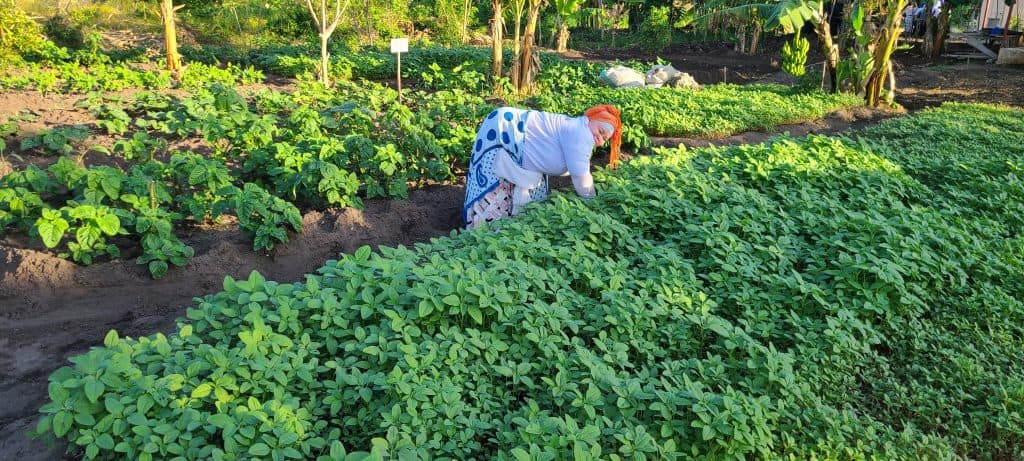
Learn more about ADRA’s conservation efforts, support humanitarian programs, or follow the movement and join at #GoGreenWithADRA.
